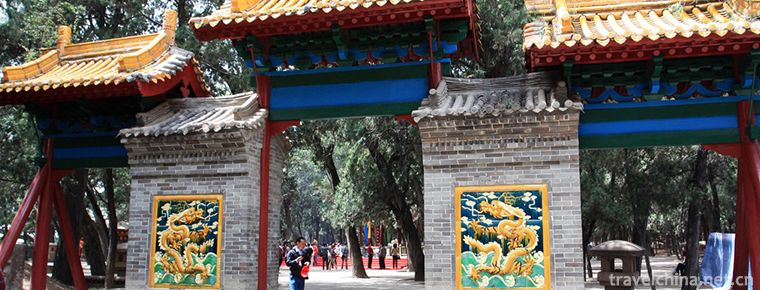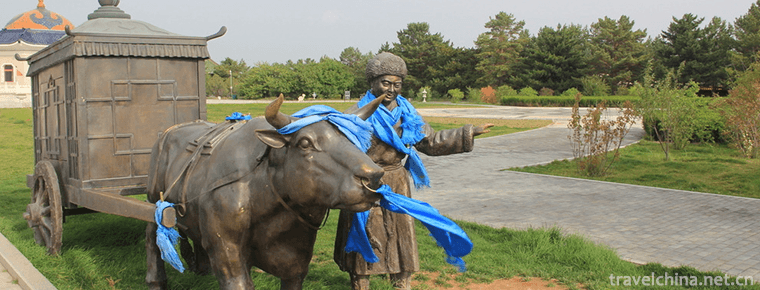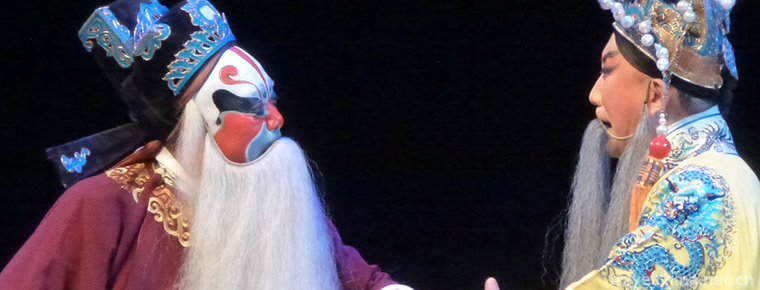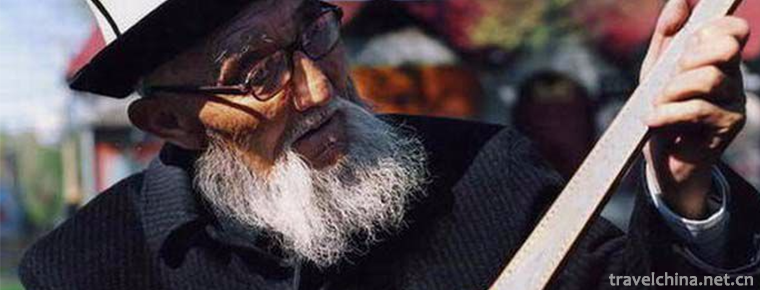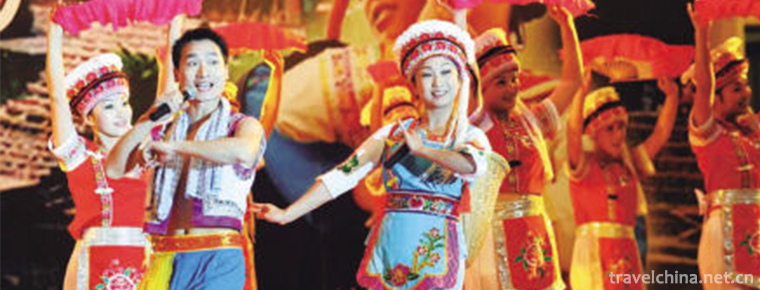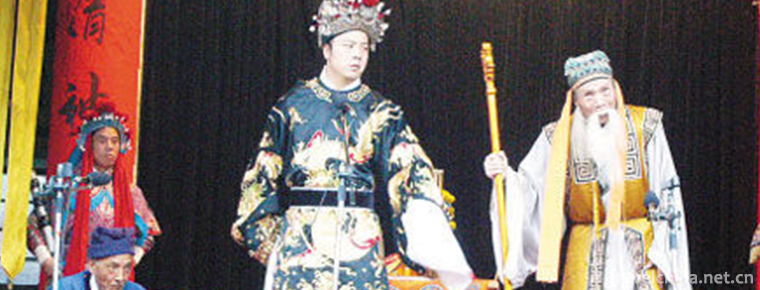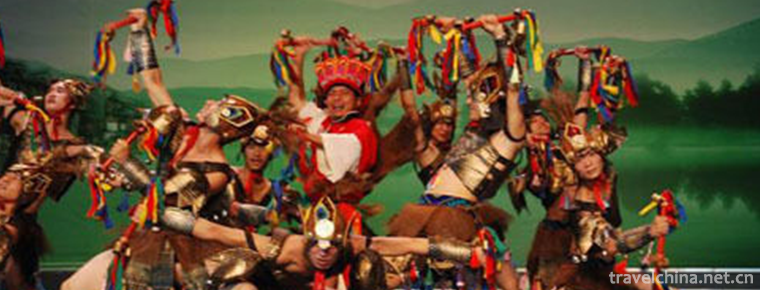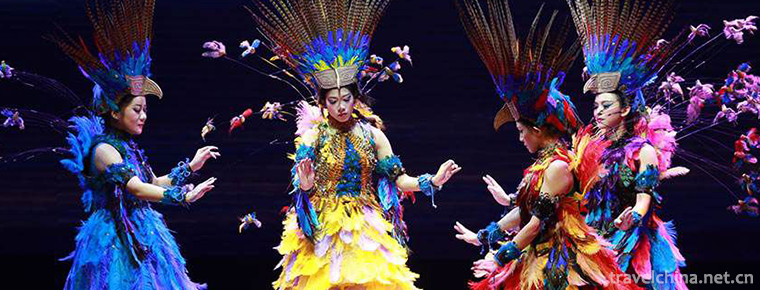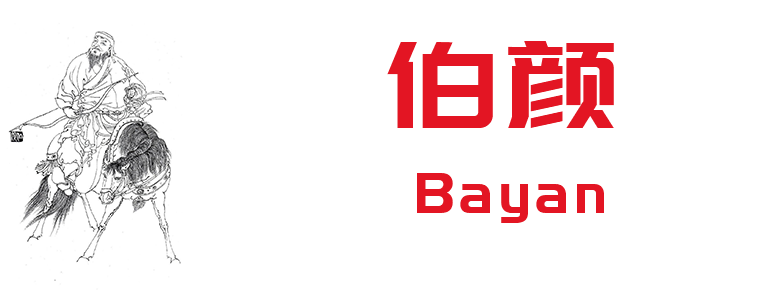The eldest son drum book
The eldest son drum book
The eldest son drum book is the traditional art of rap and singing in Shanxi Province. Changzi County is known as the "Town of Quyi", which has a long history as well as a wide variety of Quyi. The songs include the eldest son drum book, the eldest son Taoist sentiment, the eldest son steel plate book, the eldest son lotus flower fall, the eldest son fan drum, the eldest son drum ci, etc.
On May 23, 2011, the "eldest son drum book" declared by Changzi County of Shanxi Province was listed in the third batch of national intangible cultural heritage list with the approval of the State Council.
historical origin
The eldest son, known as "the land of Quyi", not only has many kinds of Quyi, but also has a long history. Music types include: the eldest son drum book, the eldest son Tao Qing, the eldest son steel plate book, the eldest son lotus flower fall, the eldest son fan drum, the eldest son drum ci, etc. It can be said that nearly one third of Shangdang's local songs originated from the territory of Changzi County.
During the Song and Yuan Dynasties, Changzi County, Shanxi Province, had this traditional folk rap art. First, it was book reviewing, and then there was the Taoist sentiment of the eldest willow tree and the eldest fan drum. In the Qing Dynasty, there were lotus fallen, wooden board, iron board, board book and Henan pendant song in the eldest son's territory. Because of natural disasters, man-made disasters or other reasons, many folk rap artists fled from famine or did business with their eldest son. In addition, some local rap artists survived for their livelihoods and some of them depended on their hobbies. As a result, the troop of all kinds of music gradually expanded and grew up in all corners and surrounding areas of the county, and flourished for a time. However, like other local artists, they are in a low social status, often bullied by evil forces and discriminated against, and the situation is very sad. At that time, despite the "Three Royal Societies" organization, at best it was only a spiritual sustenance, and there was no security in life.
In 1942, the Anti-Japanese Government of Changzi County established the first quyi troupe with blind people in the history of Shizhe Town, Majiayu. It played a special role in publicizing anti-Japanese activities and mobilizing the masses, and their fate changed accordingly. Because of the importance attached by the anti-Japanese government, they first reformed the drum script of the eldest son according to the characteristics of the music. The eldest son drum book was originally a wooden board book. On the basis of it, it absorbed the singing tunes of Shangdang Bangzi, Luozi, Liu Shu Dao Qing and Henan Fallen Zi, and initially formed.
After the founding of the People's Republic in 1949, the eldest son's quyi troop grew stronger, and many "light cavalry" were active in villages and villages both inside and outside the county. Especially in the late 1980s, the eldest son's Quyi team sprang up like bamboo shoots after a spring rain and developed rapidly, sweeping the whole Shangdang land. According to incomplete statistics, there are more than 60 drum Book Singing teams in the county. They have been active in Shangdang and Sanjin for many years. Some of them even broke through Niangziguan and went down Taihang Mountains. They competed with the brothers of Shanxi, Mongolia, Hebei, Shandong and Henan around Shanxi to seize the market.
In the 1950s, famous and old artists such as Hua Puppy, Shiquanzhong and Zhang Yukui all died. Later, Zhou Guixi and Shen Pangyou had a greater influence among the masses. Existing Bao Xianping, Li Xianling, Liu Yinhong, Liu Haiyan, Hu Wanhong, Shen Huwei, Zhang Yuxi, Ji Xianguo, Hu Zepei, Zhao Jinmei, etc., are well-known in Shangdang area.
artistic characteristics
The eldest son drum script is the main local folk song. Popular in the Song and Yuan Dynasties, the Qing Dynasty only talked and did not sing. On this basis, the local Liushu Daoqing, Shandong Tiebanshu, Henan Banershu, and local Ganban Yangko music singing tunes were used for reference. The wooden board script was first created, and then gradually developed into the eldest son drum script. By the 1980s, its singing style was more complete and rich.
The eldest son drum Book team is generally organized by 10 to 12 people, with half of the music and singing. Everyone can play, play and sing. It is known as "Wanjin Oil". Quyi viewing venues are mostly flat terraces and a few are square performances. Now the singers have their own audio equipment, which can perform not only large bibliographies, but also short passages, and impromptu performances. It is suitable for the auspicious entertainment activities such as farmhouse festivals, longevity, full moon, anniversary, garden locks, town temple festivals, city opening celebrations, industrial and mining celebrations, organ festivals and so on. The audience welcomed and embraced it.
Current situation of inheritance
Up to now, there are more than 70 performing teams and more than 1500 practitioners. In 1984, he published a communication article on the front page of Shanxi Daily, which praised the eldest son's Drum Book Performance Team. Since the 1980s, he has participated in provincial and municipal opera performances, performances and won awards many times. For example, "Red Gunner", in 1974 to participate in the former southeastern Shanxi opera performances in the top ranks; "Three Crossing Zhanghe Bay", in 1976 by the provincial television video broadcast; the creation of the repertoire "Zhi Zuo Beigaomiao", in 1990 to participate in the Changzhi National Music Competition Changzhi regional drum, singing part of the tune"won the first prize, and was provincial. Video broadcasting of TV stations; "Rainbow Pomegranate Invites Father". In 2002, he participated in Changzhi City's "Voice of Kaiyuan" Mass Literary and Art Festival and won excellent awards; Police and Civil Conditions, and "Coal Transportation Flowers of Literature and Art" respectively, participated in the system performance above the municipal level and won awards. Among them, "Bitter Fruit" created and sung by Liu Haiyan Quyi Team won the bronze prize in 2004 Shanxi Province "De Yi Shuangxin" Quyi Competition.
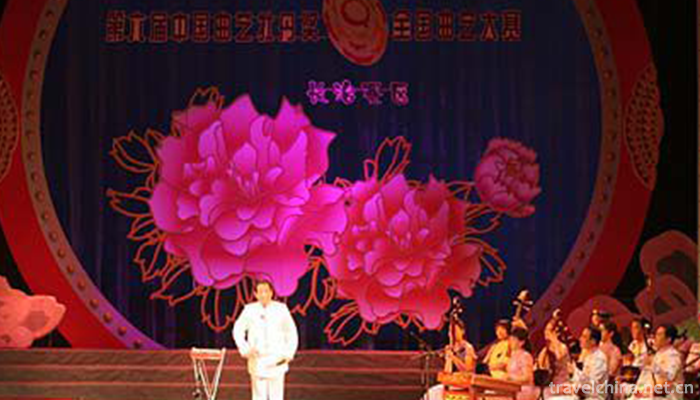
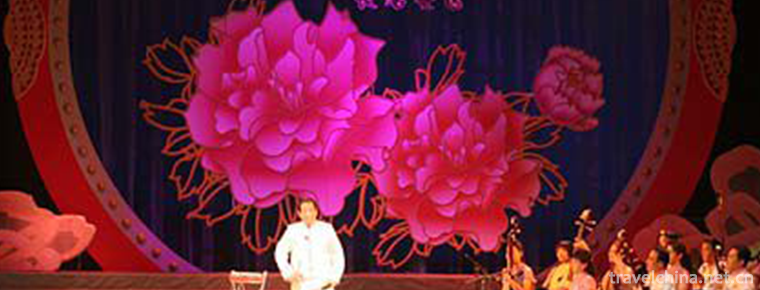
The eldest son drum book
-
Huangdi Mausoleum Scenic Area
Huangdi Mausoleum is the tomb of Xuanyuan Huangdi, the ancestor of the Chinese nation. It is the only Huangdi Mausoleum recorded in Historical Records.
Views: 176 Time 2018-12-12 -
Ordos Cultural Tourism Village
Ordos Cultural Tourism Village is located in the front banner of Etok, Ordos City. It is located in the western Ordos grassland at the junction of Mengning and Ningxia. It is located in the beautiful
Views: 425 Time 2019-01-08 -
Huangze Temple
Huangze Temple is the only sacrificial temple for Empress Wu Zetian in China. It is located on the West Jialing River in Guangyuan City, Sichuan Province. In 1961, it was announced
Views: 175 Time 2019-01-18 -
Xishan Scenic Area Kunming Yunnan
The Xishan Scenic Area in Kunming, Yunnan Province, is a forest park with ups and downs, verdant trees, white birds contending and beautiful scenery. Dense forest vegetation
Views: 184 Time 2019-02-25 -
Baoding old tune
Baoding old tune, also known as old tune bangzi, is one of the traditional operas with a long history in Hebei Province and a national intangible cultural heritage. At first, it was a popular Hexi tun
Views: 371 Time 2019-05-11 -
Manas
Manas, the traditional folk literature of Kirgiz Autonomous Prefecture in Kizlesu, Xinjiang, is one of the national intangible cultural heritage.
Views: 240 Time 2019-05-16 -
Sangzhi Folk Song
Sangzhi folk song originated from the ballads of the ancestors'daily production and life in the primitive farming period. It is a kind of folk music culture created, Sung and accumulated by the people
Views: 149 Time 2019-06-12 -
Lotus in Wenzhou
Wenzhou lotus is a local opera evolved from Wenzhou Taoism, and it is also one of the main operas in Zhejiang Province. It has spread to Wenzhou (including the counties under its jurisdiction) and par
Views: 124 Time 2019-06-28 -
Youyang Folk Songs
Youyang folk song is a rich and colorful folk culture created and accumulated by the Tujia, Miao and Han people in Youyang Tujia and Miao Autonomous County of Chongqing in the long practice of product
Views: 145 Time 2019-07-14 -
Zhuang Drama
Zhuang Opera, a local traditional drama in Guangxi Zhuang Autonomous Region, is one of the national intangible cultural heritage.
Views: 185 Time 2019-08-16 -
Bo Yan
Bo Yan (1236 - January 11, 1295), eight neighbouring people in Mongolia. Yuan Dynasty Famous ministers in early years
Views: 241 Time 2019-09-14 -
Communication University Of China
Communication University of China ( Communication University of China Referred to as "Zhong Chuan", located in the capital city. Beijing Yes. Ministry of Education of the People's Republic o
Views: 157 Time 2019-12-03
